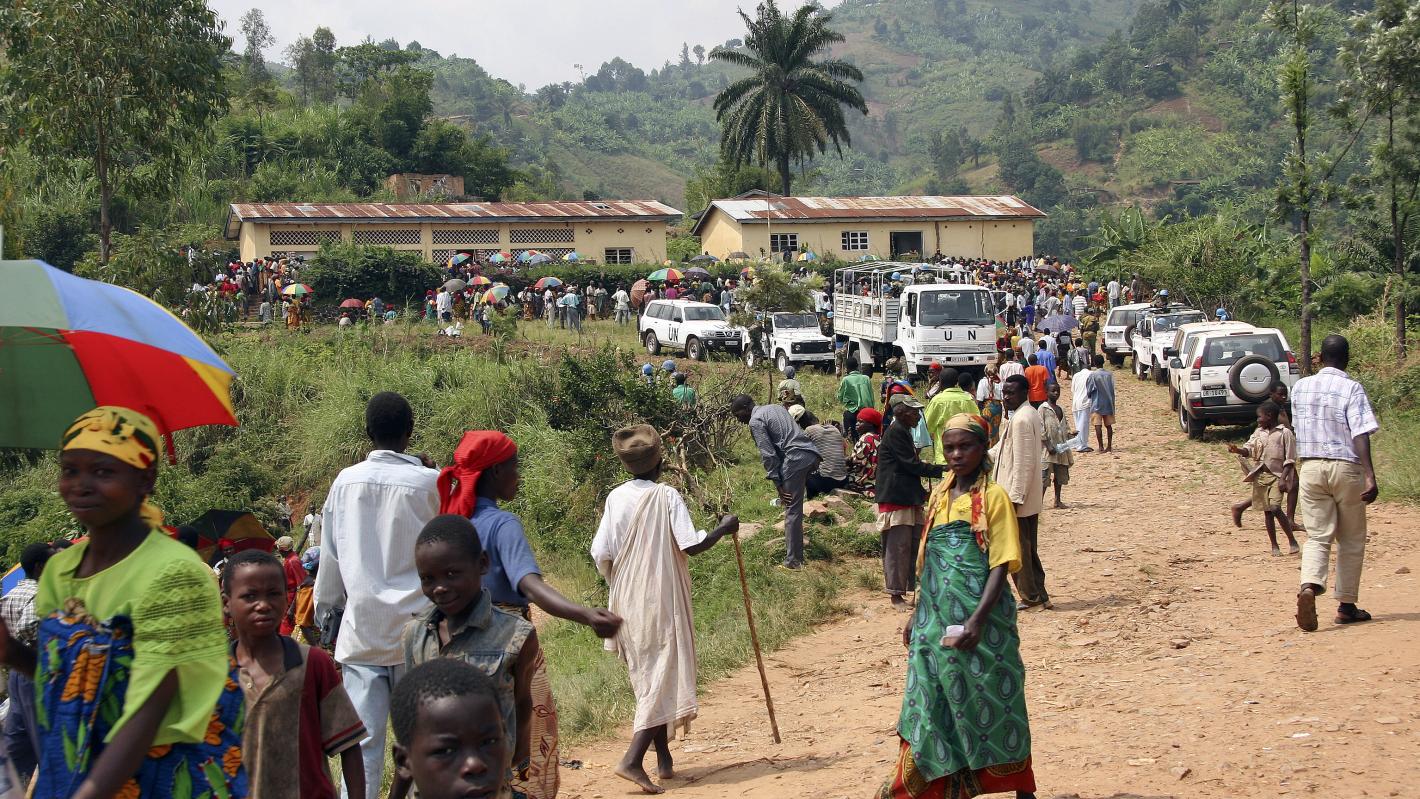The United Nations Electoral Observation Mission in Burundi (MENUB) today officially starts its operations in the country. The UN Security Council set the Mission’s creation in motion in February 2014, following the Government's request for a UN-backed electoral observer mission before, during and after Burundi's 2015 elections.
MENUB is headed by the Secretary-General Special Envoy, Cassam Uteem of Mauritius, who is responsible for the high-level engagement with relevant national, regional and international stakeholders. He also promotes coherent and well coordinated international electoral observation for the 2015 elections. Mr. Uteem and the Deputy Head of MENUB, Issaka Souna of Niger, were appointed by the Secretary-General on 10 November 2014.
Established under Security Council resolution 2137 (2014), the Mission is due to report on the electoral process in the country that is scheduled to organize five polls in a period of four months between May and September. The cycle begins on 26 May with legislative and communal elections. These polls will be followed by the first round of a presidential election scheduled on 23 June. If necessary, there will be a run-off on 27 July. In the meantime, Burundian voters will head to the polls on 17 July to elect senators. The electoral cycle ends on 24 August with the holding of local elections for collines and district councils.
The United Nations in the country has a history of supporting Burundi-led electoral processes. In 2005, the UN Operations (ONUB) organized polls in the context of the country emerging from conflict, and provided electoral support again in 2010. The former Special Representative of the Secretary-General, Parfait Onanga-Anyanga, was a member of a strategic consultative committee which aimed to assess key aspects of international community assistance to the process. The Peacebuilding Fund (PBF) availed resources for the production of 1,000,000 identity cards. The UN Development Program (UNDP) was also a member of key electoral technical committees and supported fund mobilization.


